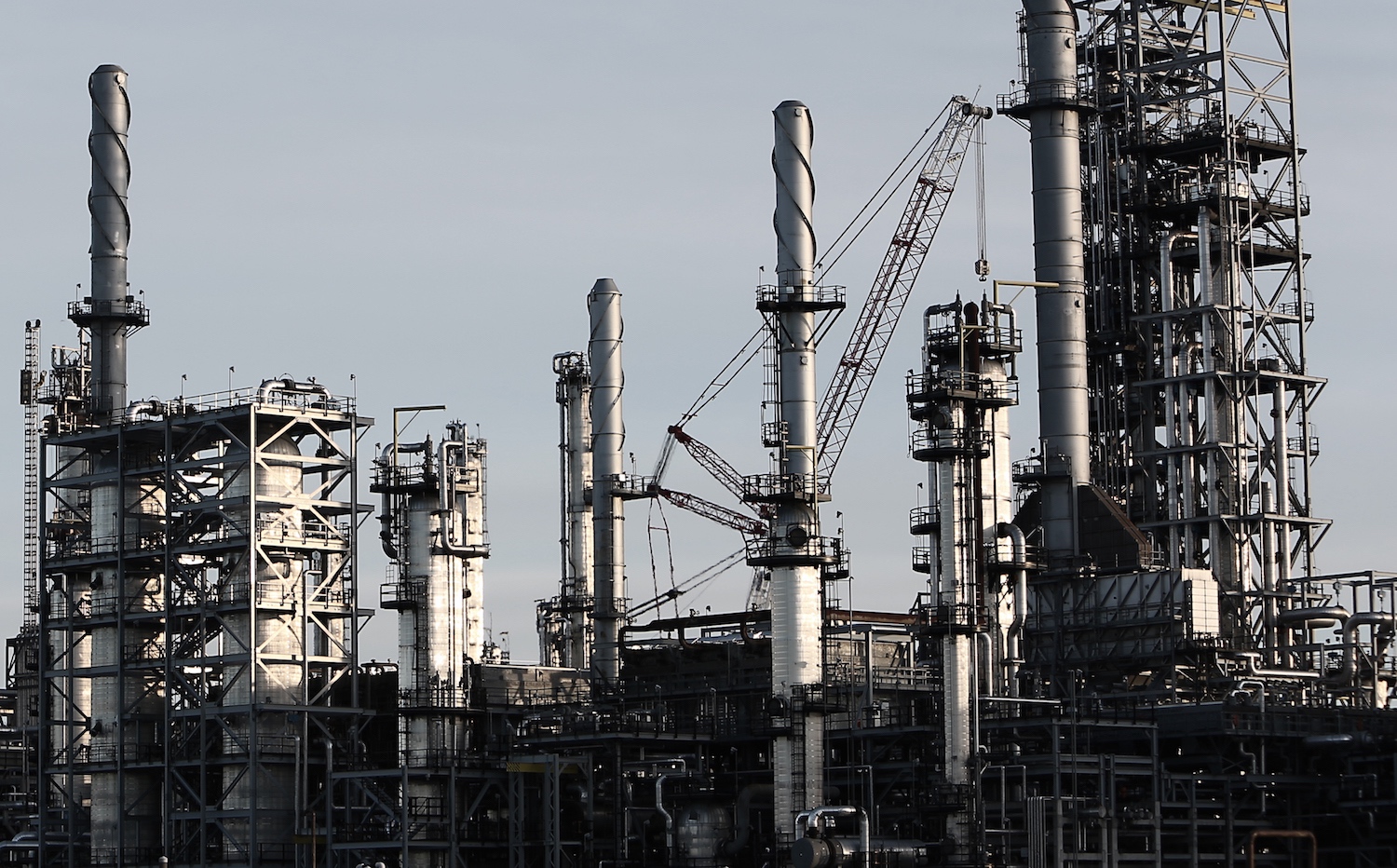The U.S. Commerce Department is pushing back against Chinese incentives that benefit steel, aluminum, and copper exports. The economic response includes import duties of 266% on imported Chinese cold-rolled steel, and seven new investigations targeting government subsidies of Chinese goods. India and Australia are challenging China as well, launching their own investigations and raising import taxes on steel. European countries are also discussing economic measures.
According to a Wall Street Journal analysis of Chinese public companies, Chinese government support includes billions of dollars in cash assistance, subsidized electricity and other benefits to companies. Recipients include steelmakers, coal miners, solar-panel manufacturers, and other producers of other goods including copper and chemicals. 1
Concern Over Incentives
U.S. officials have good reason to be concerned. When Chinese aluminum company Chalco announced thousands of layoffs late last year, local officials cut the plant’s electric bill almost in half, putting the company back into full production – 380,000 tons of aluminum annually. Other incentives include cheap or free land, discount loans, tax breaks, and direct funding. Further complaints against China include alleged price fixing, trans-shipments via multiple countries to avoid duties, and cyber-espionage to steal innovative technologies.
China says it isn’t guilty of dumping—or selling a product at a loss in order to gain market share – and calls U.S. and EU measures and investigations forms of protectionism. It says it has mothballed factories and intends to cut more, with plans to lay off up to 1.8 million steel and coal workers. Officials say it is natural for complaints against China to increase as the country takes on a large share of global trade.
Despite these announcements, Chinese crude steel production made up 804 million metric tons of the global supply last year, and experts say one quarter would need to be cut to balance supply and demand.

